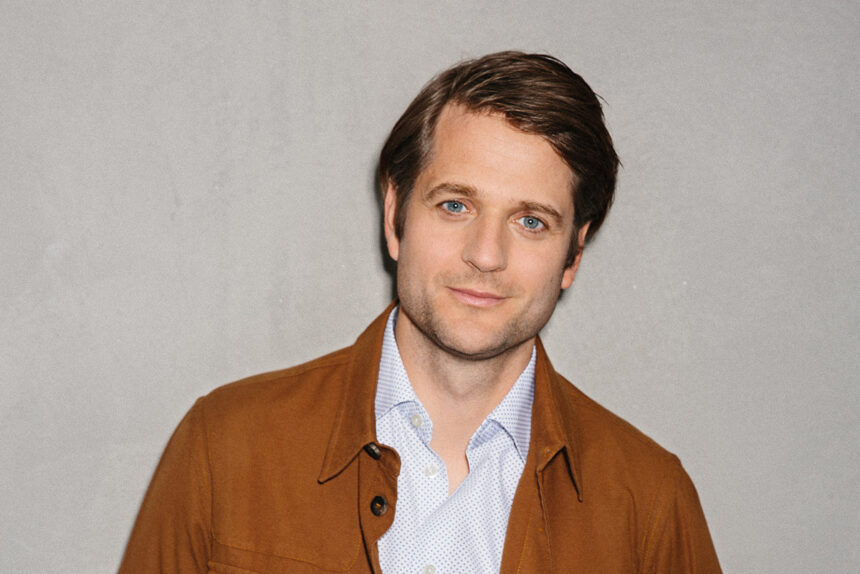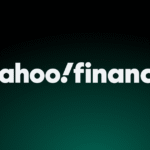In a significant milestone for the fintech sector, Klarna has made its debut on the New York Stock Exchange, successfully completing an initial public offering (IPO) that raised $1.4 billion. The shares were priced at $40 each, exceeding the company’s previously announced range of $35 to $37, giving Klarna a robust valuation of $15 billion. On its first day of trading, shares surged to an opening price of $52 before settling at approximately $46 by midday.
Among the 34.3 million shares sold, only 5 million were issued by Klarna itself; the remainder were divested by existing investors, including prominent names like Sequoia Capital, Dutch billionaire Anders Holch Povlsen, and investment giants Silver Lake and BlackRock. Despite selling off portions of their holdings, these investors maintained their majority stakes in the company.
Klarna’s IPO mirrors strategies observed in previous public offerings, such as Figma’s, where existing investors contribute shares to help meet demand and secure a more favorable initial valuation. This practice is aimed at attracting larger institutional investors who may be disinterested in participating in smaller allocations.
Sebastian Siemiatkowski, the co-founder and CEO of Klarna, chose not to sell any of his shares during the IPO. His stake, valued at approximately $1.02 billion at the offering price, constitutes around 7.5% of the company. Niklas Adalberth, another co-founder, disclosed ownership of nearly 3 million shares. Meanwhile, Victor Jacobsson, who left the company in 2012 but still maintains a larger shareholding, sold 1.1 million shares while retaining over 8% of the company.
Sequoia Capital stands out as Klarna’s principal investor, with an almost 23% ownership stake. The firm’s early involvement dates back to 2010 when Michael Moritz wrote the initial check on its behalf. Although some board drama unfolded with the addition of Andrew Reed to Klarna’s board, it was eventually resolved.
Reflecting on this momentous occasion, Siemiatkowski expressed pride in Klarna’s journey since its inception in 2005. He recounted the challenges and skepticism faced by the founding trio as they endeavored to create a smoother shopping and payment experience. “Going public in New York is huge. It’s not just a milestone; it’s a statement. It’s proof that a bunch of stubborn dreamers from Stockholm can take on the world — and win,” he remarked.
Despite the successful IPO, Klarna’s $1.4 billion raised does not mark the highest amount for 2025, as that record still belongs to CoreWeave, which secured $1.5 billion in June.







